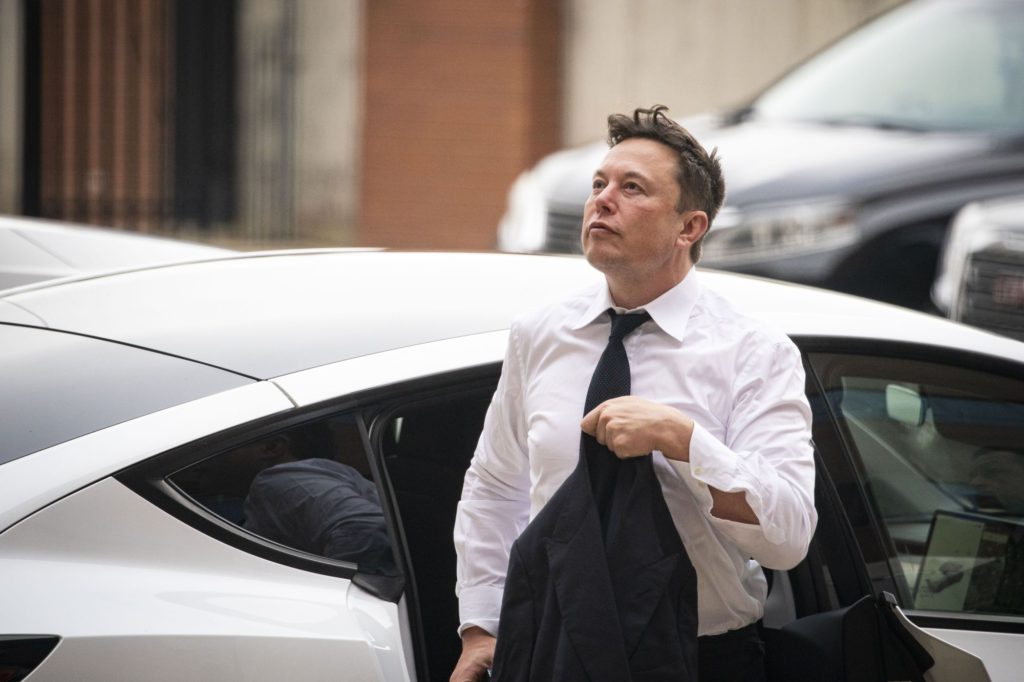(Bloomberg) — Elon Musk’s bid to buy Twitter Inc. follows a playbook familiar to activist shareholders. It’s one that other big investors have used to successfully take over companies, as well as to draw out other potential bidders for their targets.
Musk, 50, first disclosed a 9.2% stake in the social-media network this month, and later rejected an offer for a seat on the board. He said in a filing Thursday that he would pay $54.20 apiece for the shares of Twitter that he doesn’t already own.
By taking a toehold in Twitter prior to making an offer, Musk is employing a tactic that’s been used by investors from Carl Icahn to Elliott Investment Management. Activists, who traditionally acquired small stakes in companies and ran proxy fights to effect change, are increasingly shifting their strategy to mimic private equity firms by following through with their own takeover bids.
Part of the reason is that firms like Elliott, the activist fund run by billionaire Paul Singer, have raised a lot of capital in recent years. Now, they need to find ways to deploy large sums of money at once, said Kai Liekefett, partner and chairman of the shareholder activism practice at law firm Sidley Austin LLP.
“This is part of a broader trend, for sure. It’s not always a stalking bid. Often times it’s a real bid,” Liekefett said. “They’re sitting on a lot of firepower.”
Icahn, Elliott
Icahn is locked in a battle to take over Las Vegas-based utility Southwest Gas Holdings Inc. The billionaire, who uses his own money for his bets and holds 4.3% of Southwest, has been agitating for changes at the company for months, and his tender offer comes alongside a proxy fight to replace its board.
Singer’s Elliott, meanwhile, has often followed a similar strategy, including most recently teaming up with Brookfield Asset Management Inc. to acquire television ratings company Nielsen Holdings Plc for about $10 billion. Elliott originally took a stake in Nielsen in 2018 and pushed for a sale of the company, before launching a bid this year. It’s done the same at companies including Citrix Systems Inc., AthenaHealth Inc. and Mercury Systems Inc.
As the world’s richest person, Musk isn’t reliant on other people’s money to be able to launch a takeover — though how he will find $43 billion in cash has yet to be revealed. In a letter to Twitter’s board included alongside the offer, Musk wrote: “Twitter has extraordinary potential. I will unlock it.”
‘Best and Final’
His tactics don’t only echo those of activist investors. Describing an offer as “best and final,” as Musk did on Thursday, isn’t language that commonly shows up in an initial takeover bid. But it has been used by Warren Buffett’s Berkshire Hathaway Inc. in the past — including at Heinz and NV Energy — as a way to avoid getting drawn into lengthy bidding wars.
Twitter said Thursday that its board would review the proposal and any response would be in the best interests of “all Twitter stockholders.”
The situation presents an extremely interesting challenge for Twitter’s advisers, Sidley’s Liekefett said.
“How do you defend against the world’s richest man, who could buy you 12 times over before breakfast,” he said.
More stories like this are available on bloomberg.com
©2022 Bloomberg L.P.











